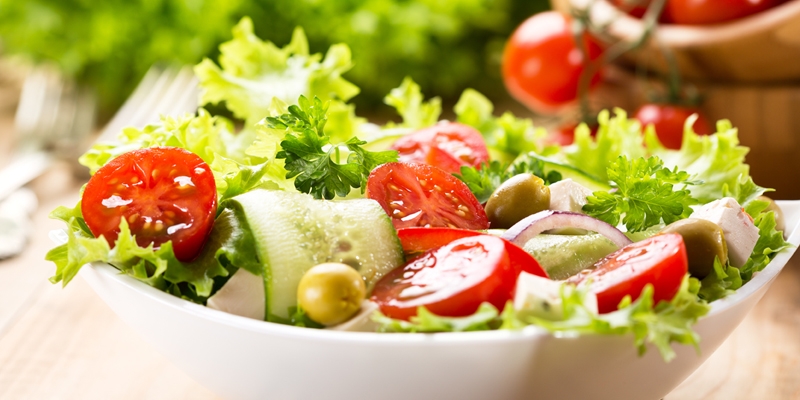Healthier Food Options for Hernia Affected Patients
2020-05-01 / RG STONE HOSPITAL / Hernia treatment

A hernia occurs when an organ or fatty tissue gets squeezed through a weak point in a surrounding muscle or connective tissue called fascia. There are some common types of hernia that exist such as inguinal (inner groin), incisional (resulting from an incision), femoral (outer groin), umbilical (belly button), and hiatal (upper stomach).
There are several reasons for a hernia to take place in the body. The main thrust falls off the abdomen area which faces the pressure that ultimately leads to hernia. A lot of common things are connected to hernia where pressure on the abdomen can lead to a hernia. Some of these common things are
- Lifting heavy objects
- Diarrhoea or constipation
- Continuous coughing or sneezing
In addition to the above, obesity, poor diet, and smoking, can weaken the muscles and make the body more vulnerable to hernia.
Once detected with a hernia, one would have to be very careful about the diet that he or she is following in such a way that their abdomen or the groin area does not get affected. Eating can make all the difference to the patient. Diet can play an important role in controlling the major symptoms of hernia such as heartburn and acid digestion that are commonly suffered by the patients.
So, let’s have a look at some of the foods that should be avoided if one is a hernia patient so that he or she does not face any more problems with a hernia and along with it, healthier food options are stated below that should be consumed by the hernia patients:
- Fatty Food - Saturated or trans fats food items such as red meat, processed food, high-fat dairy products, hydrogenated vegetable oil should be strictly avoided because these food items lead to inflammation and an increase in weight that possess the risk of increasing the problem of hernia. Rather these fatty food items should be replaced by healthier options such as nuts, seeds, olive oil, canola oil, avocado and salmon fish to keep your diet choices lighter and tasty at the same time.
- Low Fiber Choices - Fiber is an indigestible form of carbohydrate that promotes a healthy digestive and cardiovascular health. Although fibre rich diet should be taken to prevent constipation and strain during a bowel movement, there are some options within the fibrous category of food that should be avoided such as white bread, maida, instant rice, pasta. Alternate healthier options include whole grains, sweet potatoes and legumes that ensure your fibre intake along with the nutrients. The healthier options are complex carbs that ensure nutritious food intake along with weight management and lower bowel strain.
- Acidic Food - The amount of hydrochloric acid determines the acidity of the food. Though acidic foods are harmless and often nutritious, they can many a time increase irritation and affect hernia patients. If one is facing the same, the one should avoid food items like orange juice, caffeinated beverages and decaffeinated coffee. The alternative options to these are tomato and tomato products, pineapple, cherries, tart apples, food made with vinegar such as pickles.
- Sugary Food Items - Limit your calories when it comes to sugary foods and sugary drinks as it leads to less intake of nutrients and weight gain. Food options such as soft drinks, candies, desserts, pastries, cookies should be avoided by hernia patients and healthy food should be consumed though once in a while could be taken. Fruits are a good replacement for the sugary food items where it gives a lot of nutrients.
Hence, these are some of the major ways to do away with the unhealthy food options and replace them with healthier alternatives where both taste and nutrients are there. Hernia patients need to be careful of what kind of food they are consuming since everything they eat will affect their stomach, abdomen and groin area later. Hernia affected patients can also visit doctors such as at RG Stone Hospital to have hernia repair specialist or good advice on diet or any dietician who can guide them about their food lifestyle.
Categories
Hernia Repair
Appendicitis
Piles
Urological Treatment
Hernia treatment
Enlarged Prostate (BPH)
Gall Bladder Stone
Urinary / Kidney Stone
Vitamins
Indian Health Care System
Exercise
Obesity
Female Urinary Incontinence
Single Incision Laparoscopic Surgery (SILS)
Kidney Cancer
Bladder Cancer
Ovarian cancer
Nephrology
Bariatric Surgery
Kidney Function Test
Female Urology
Radiation Therapy
Alcoholic Fatty Liver
Liver disease
Gastroenterology
Kidney Disease

